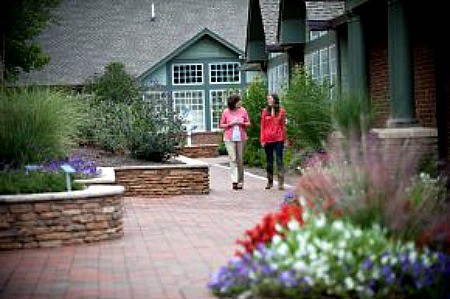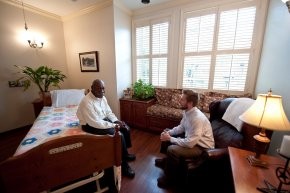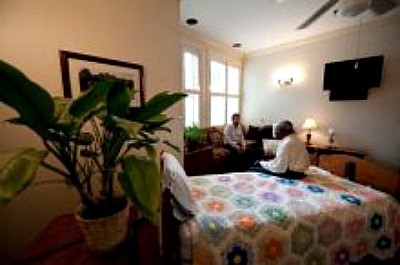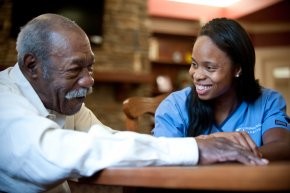Thursday March 5th, 2015
Conflict over medical decisions
Frequently in serious illness, treatment decisions must be made quickly. It is not uncommon for relatives to have differing ideas about the best course. Some may feel their loved one should pursue aggressive treatments. Others may feel that therapies such as radiation and chemotherapy do not offer enough benefits given their negative effect on the limited time their family member may have.




